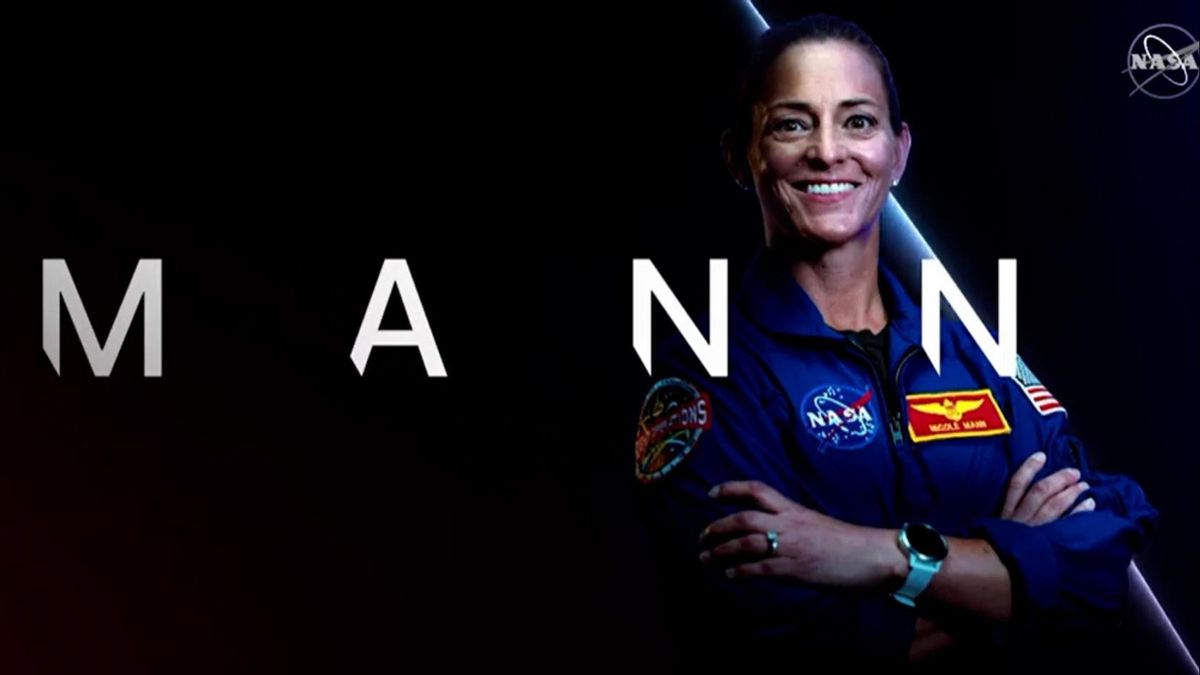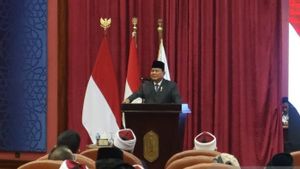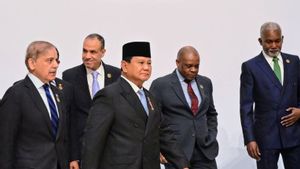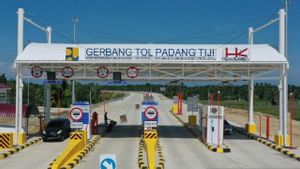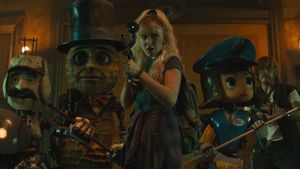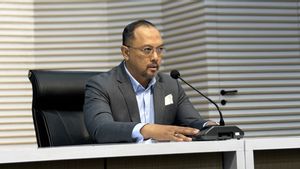JAKARTA - Astronaut and Marine Colonel Nicole Aunapu Mann will be the first American natives in space as she flies with her next NASA crew arriving at the International Space Station next October.
Previously, Mann flew US fighter missions in Iraq and Afghanistan before being recruited by NASA in 2013 and completed training on his candidate as an astronaut two years later.
"It's a long way to go, but it's worth it," Mann, who is a Wailacki member of the Indian Round Valley in Northern California, told Reuters.
NASA's training on Mann includes intensive instructions in the ISS, spacewalks, Russian language training, robotics and physiological training.
"I feel very proud," said Mann. It is important for us to celebrate our diversity and truly communicate it specifically to the younger generation.
Mann will be the first American native in space. The first American native in space was John Herrington in 2002.
He holds titles from the Academic of the US Navy and Stanford University and has been a test pilot at the F/A-18ung and Super focus during his military career. He said this difference had sparked joy in his community.
"It really, I think, an audience that we don't get the opportunity to reach very often," said Mann, who was awarded two Navy and Marine Corps Award medals.
He will take some memories into orbit with him to remind him of home, including the 'dreamcatcher', which is a traditional American protective charm.
Mann, along with fellow NASA astronaut Josh Cassada, Koichi Wakata from Japan and Russian cosmonaut Anna Kikina, will launch from Florida's Kennedy Space Center on October 3 aboard SpaceX's Dragon spacecraft and swap Crew-4 from the ISS.
The mission will follow NASA's Artemis 1 launch, which was recently moved by the space agency to Saturday afternoon following engine problems on Monday.
NASA's Space Launch System and the Orion Crew Capsule are part of the United States' long-term goal of carving out boots on the lunar surface in the next two years.
"What we do in low-Earth orbit not only trains astronauts but also provides the technical development and operational concepts we will need to live (with) a sustainable human presence on the moon and eventually take us to Mars," he said.
The English, Chinese, Japanese, Arabic, and French versions are automatically generated by the AI. So there may still be inaccuracies in translating, please always see Indonesian as our main language. (system supported by DigitalSiber.id)
